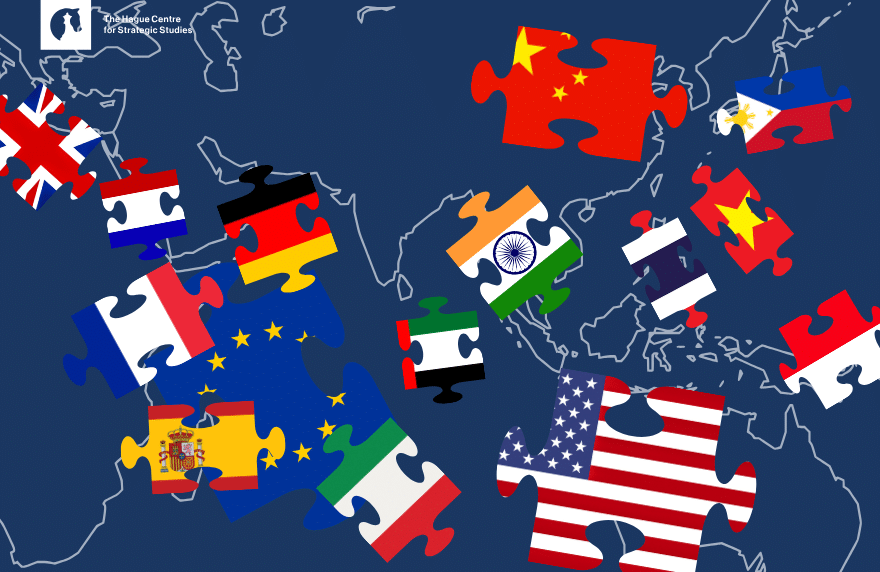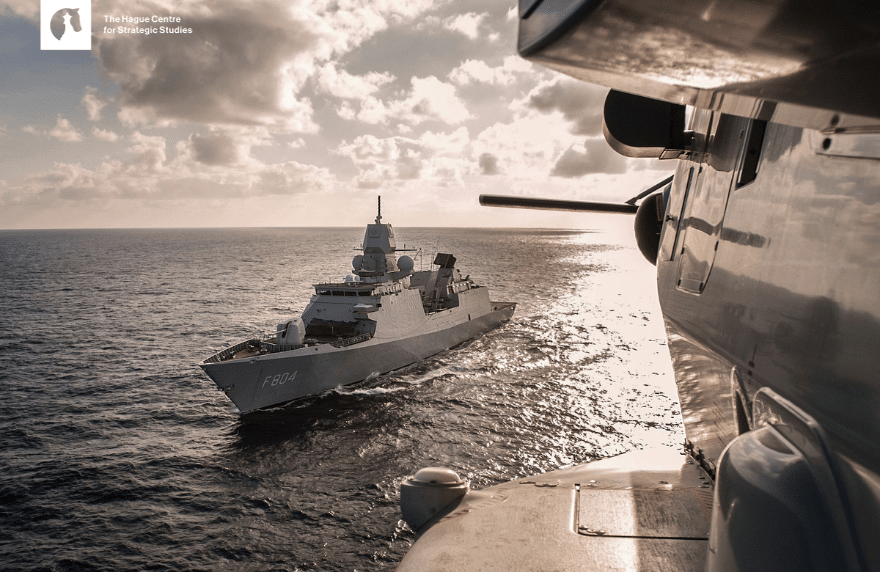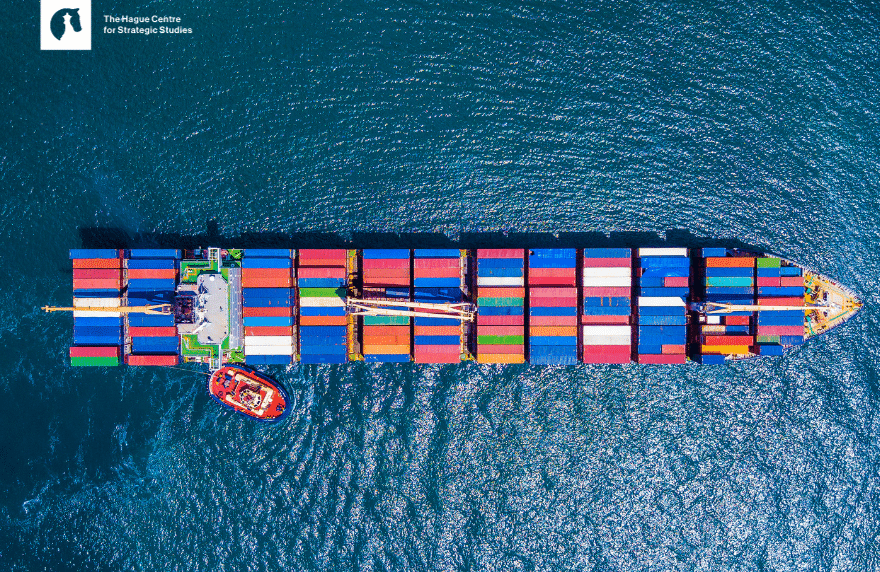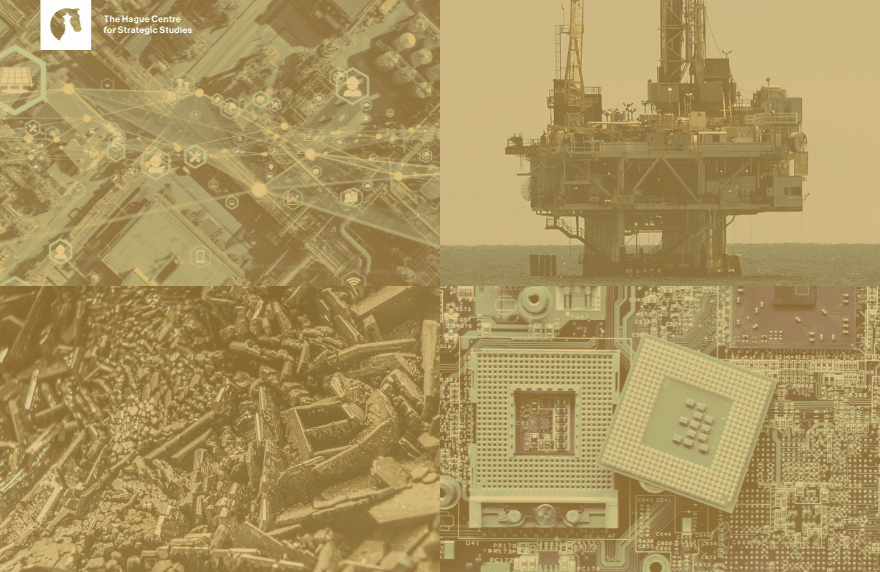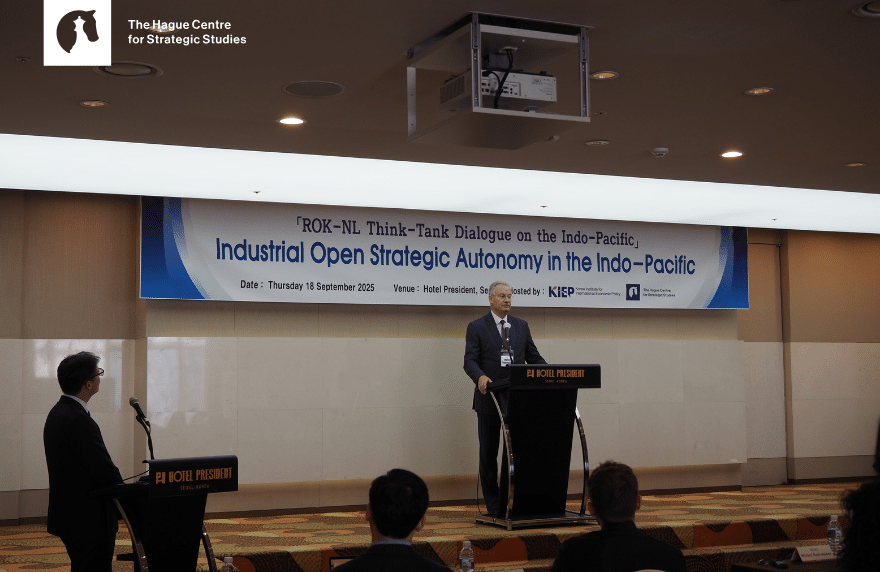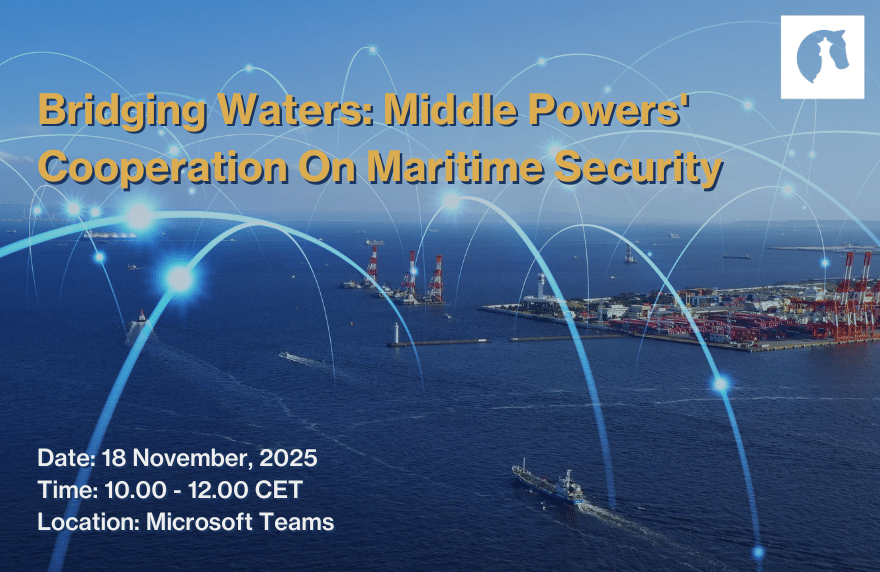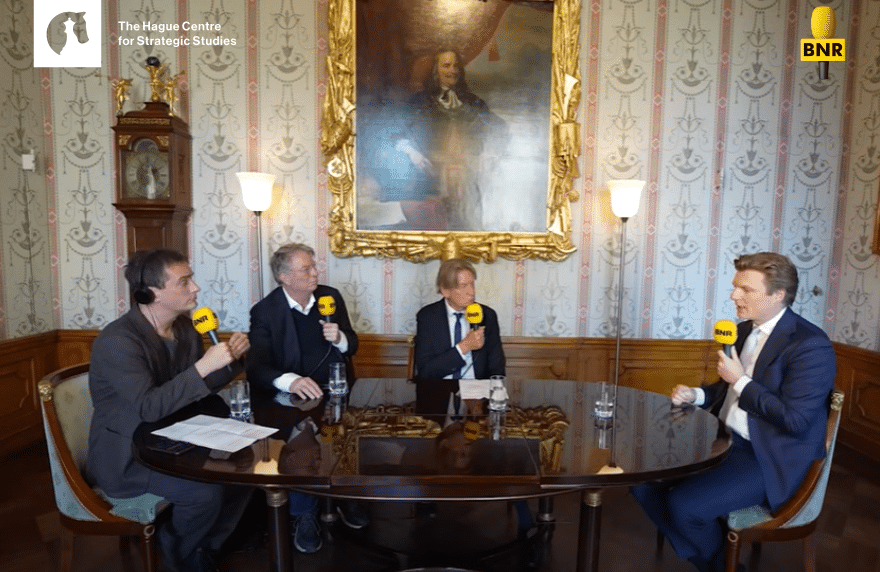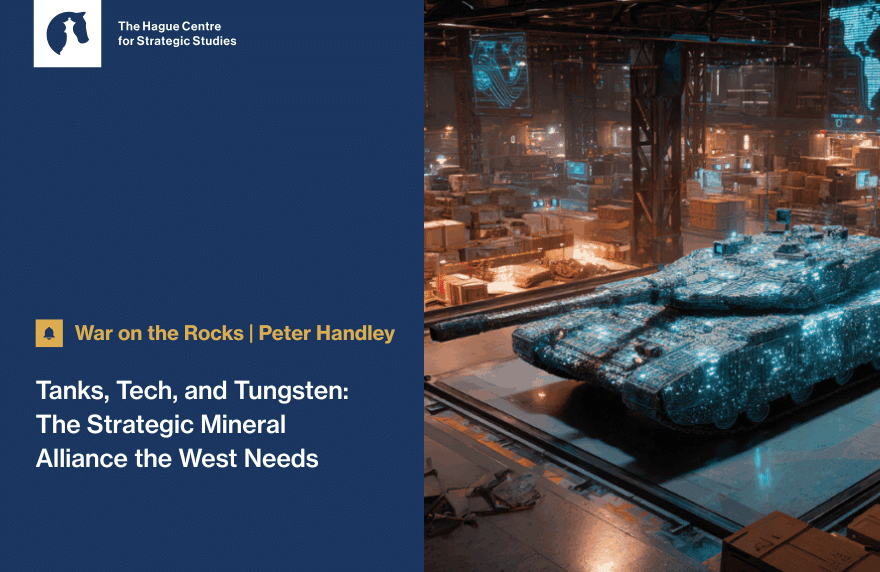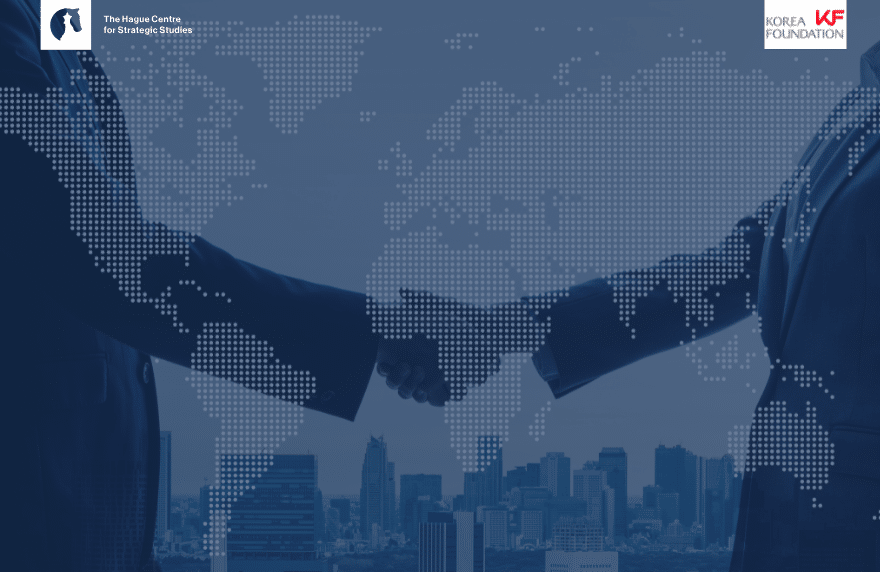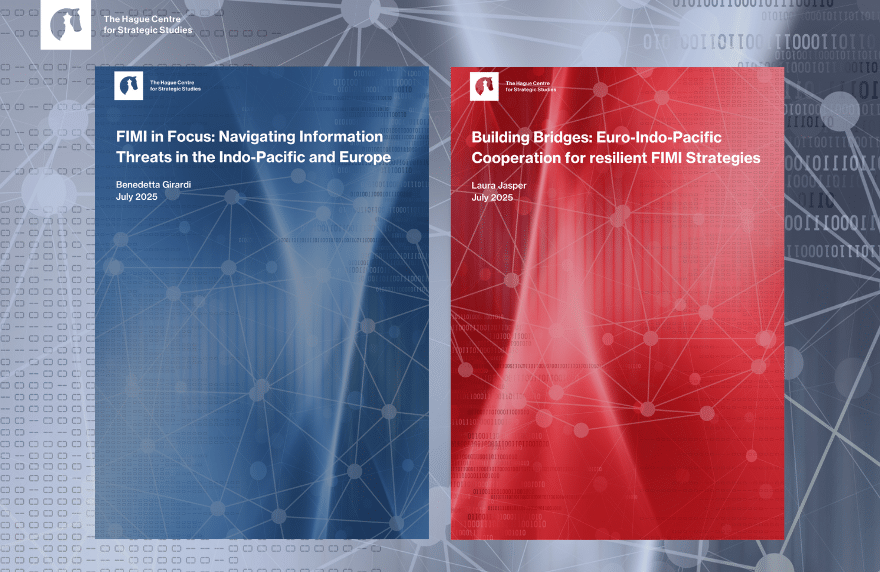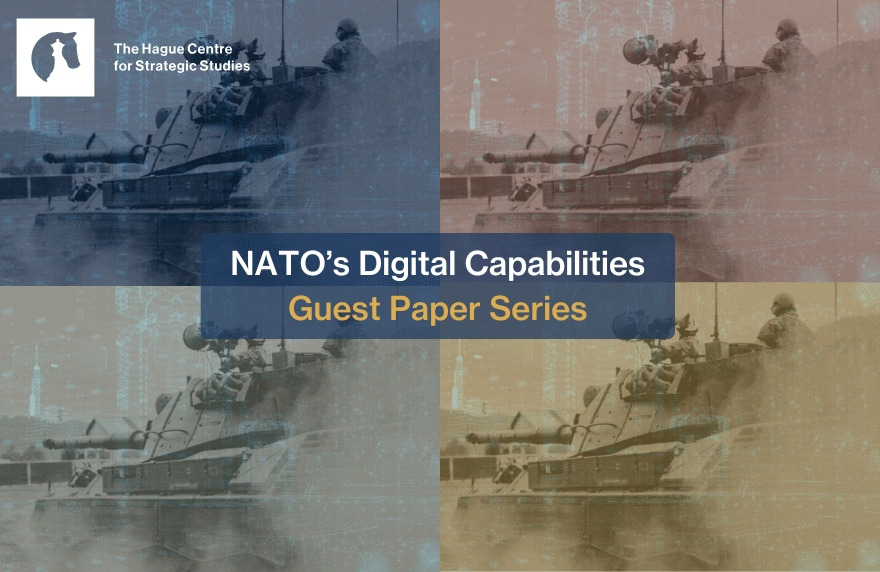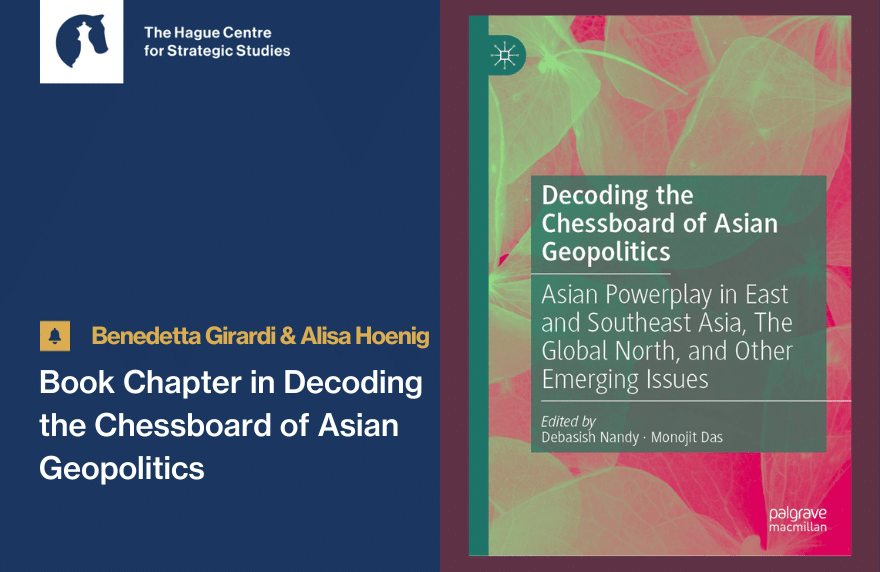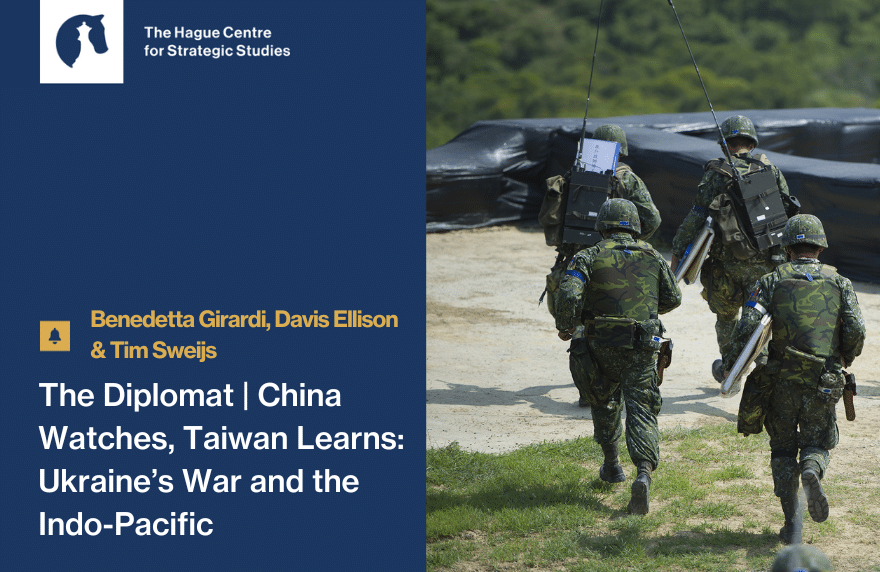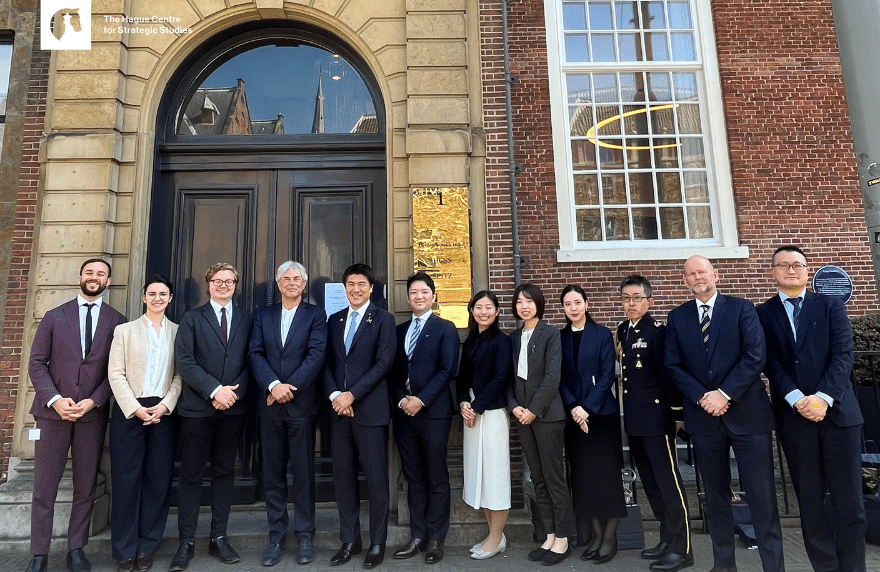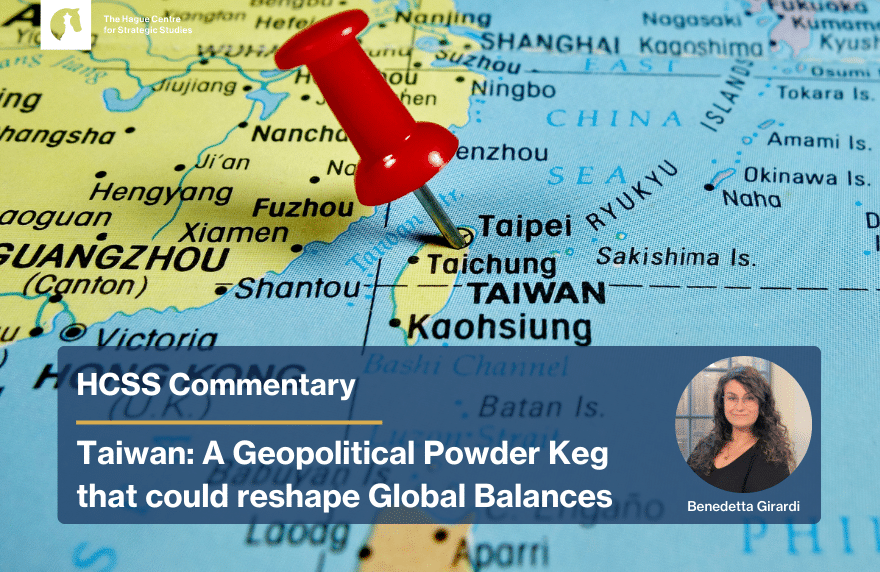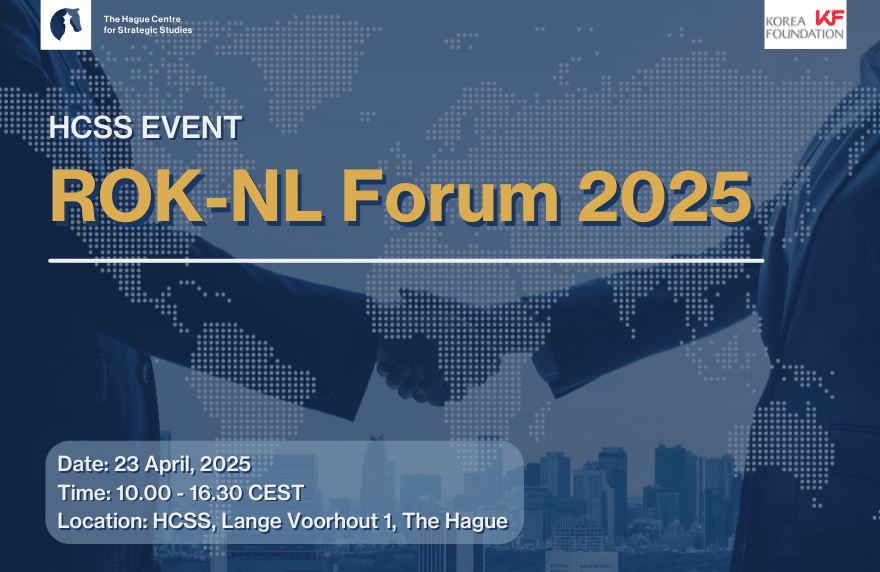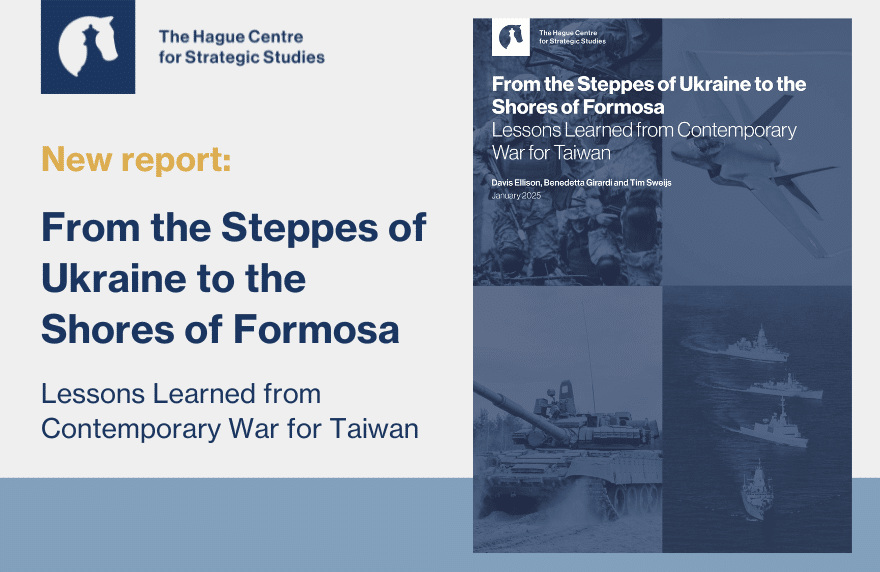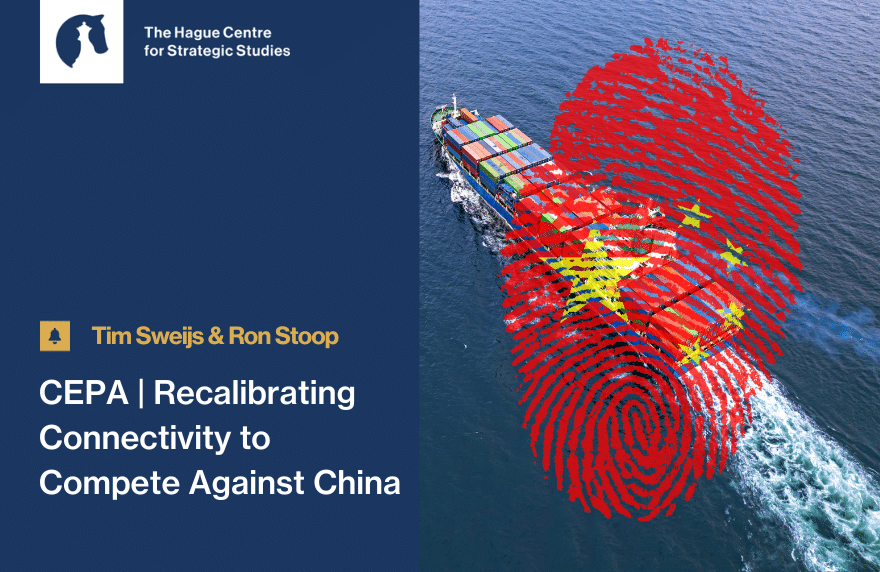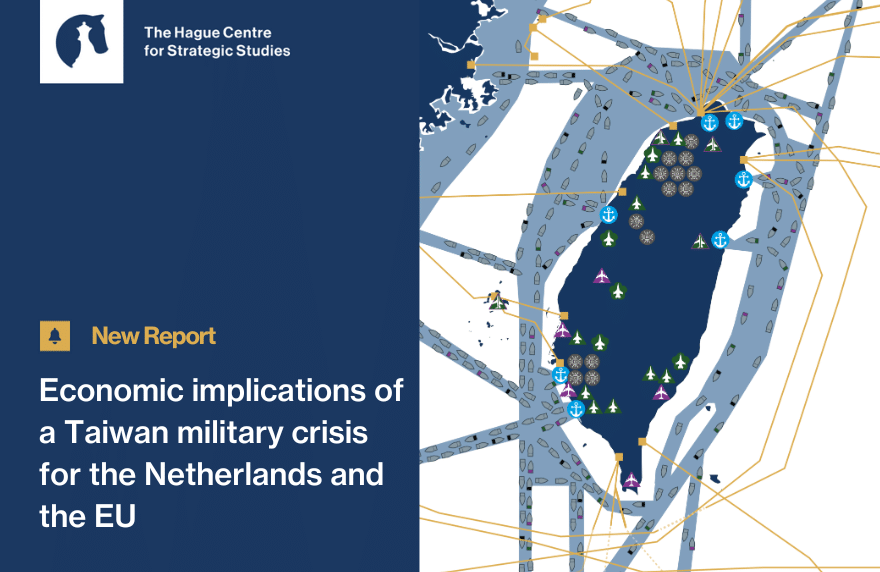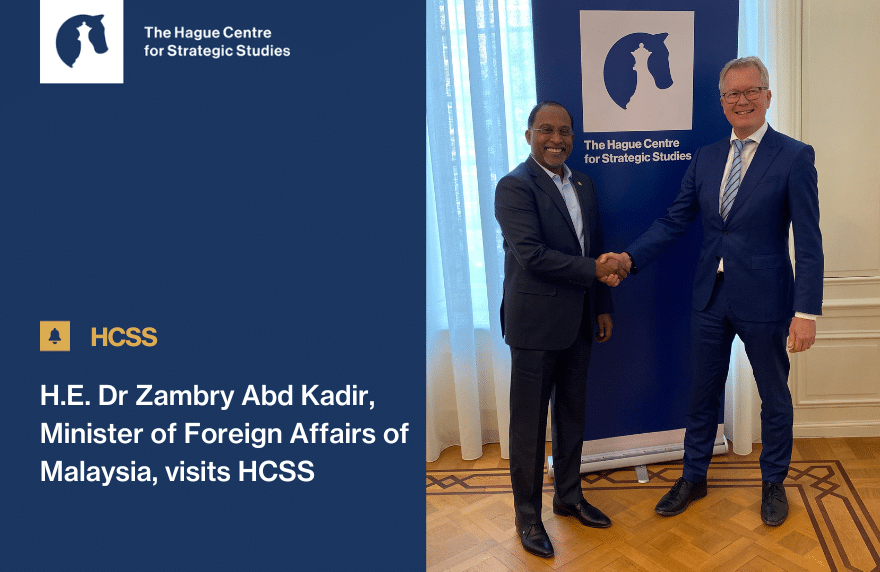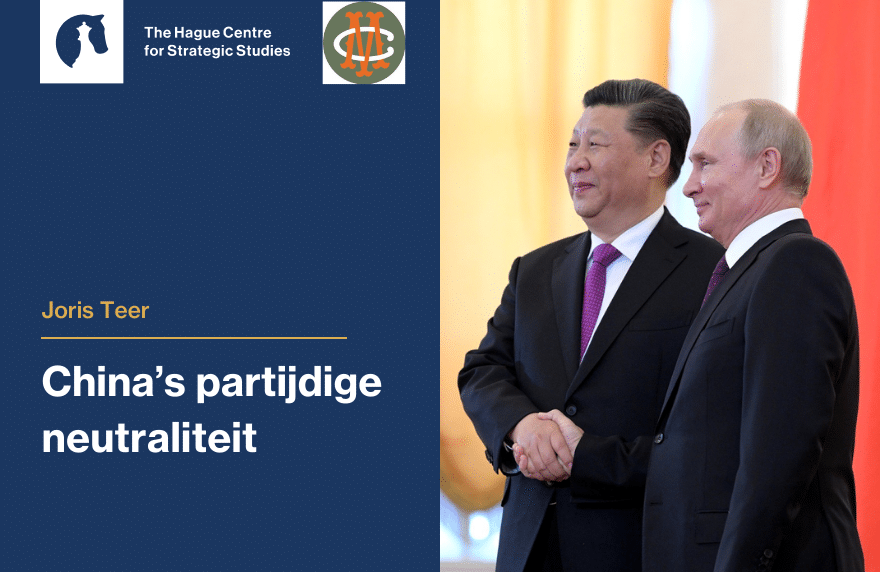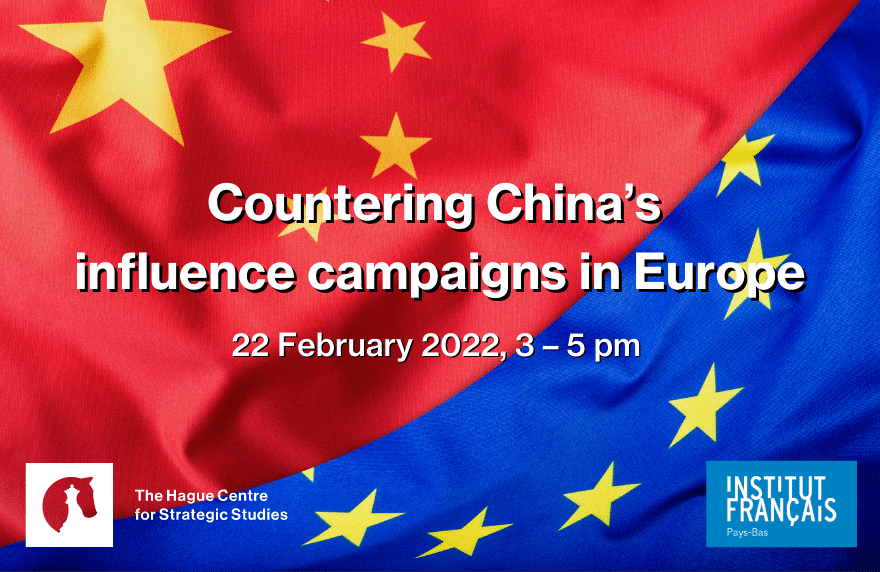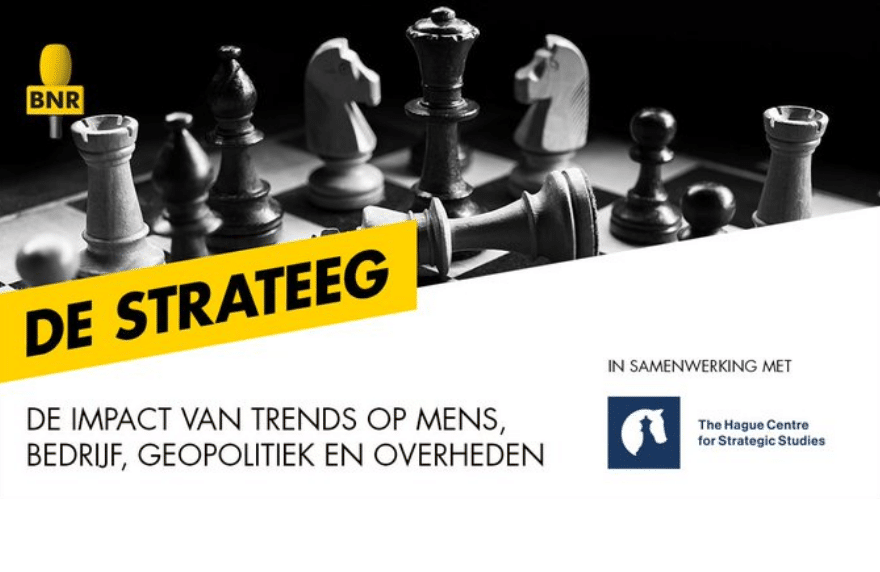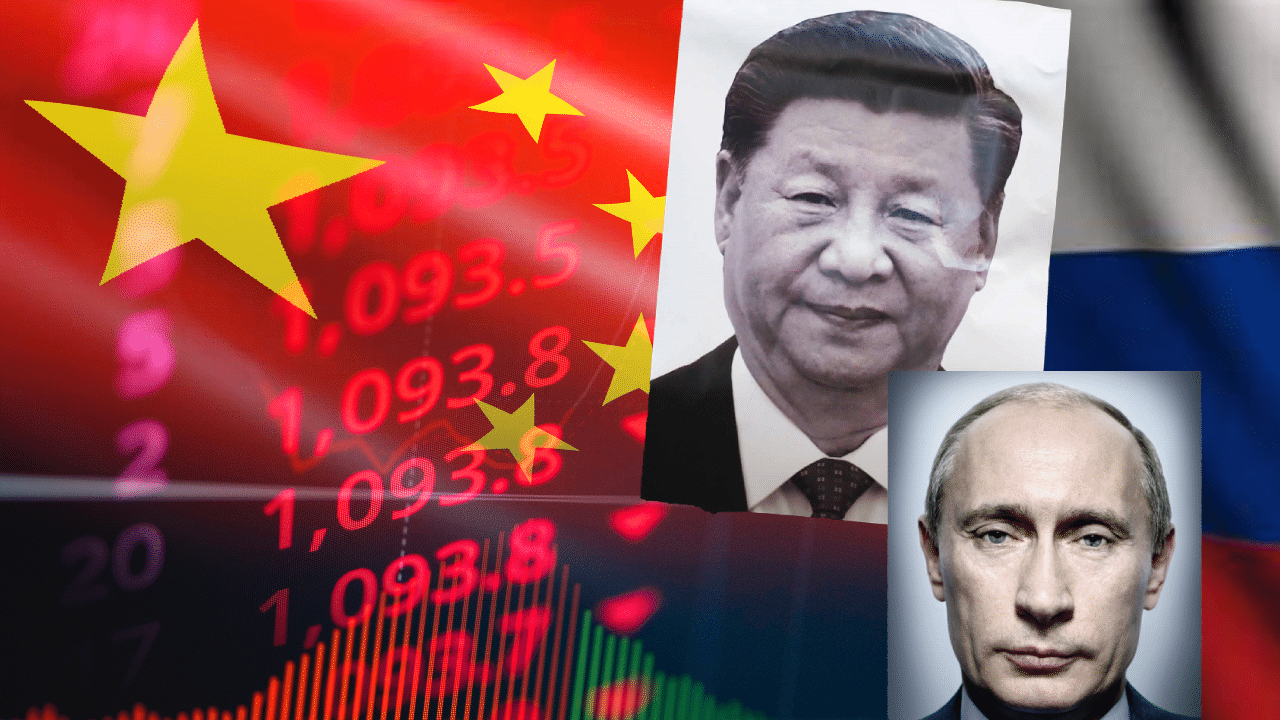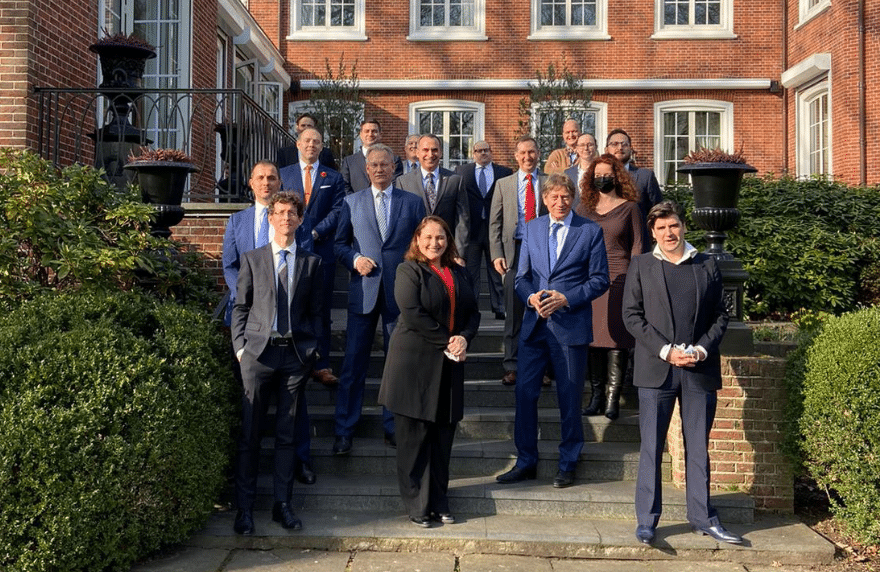Shifting value chains between Asia and Europe
For Europe the importance of seaborne trade in the Indo-Pacific for Europe is hard to overstate. Resources required for the energy transition and digital technologies, like critical raw materials, come largely from China. Europe’s fossil fuels, such as crude oil and liquified natural gas, come partially from the Gulf Kingdoms. Europe’s digital economy entirely relies on advanced semiconductors, produced in Taiwan and South-Korea. Semiconductor manufacturing relies on silicon wafers produced in Japan, South Korea, Taiwan and the European Union. End products, such as electric cars, solar panels, iPhones and medicine, are in large quantities imported from China. As great power rivalry intensifies and states shift into geopolitical blocs, the efforts of states to achieve greater economic self-sufficiency and ensure energy security picks up pace. Consequently, the value chains crossing the waters of the Indo-Pacific are shifting. Within the HCSS Europe in the Indo-Pacific Hub, we look at the growing competition between states over high-end technologies, vital resources and value chains. We examine the strategies that European states can employ to make our modern economies more resilient during times of increased insecurity on climate, energy and trade.
 https://hcss.nl/wp-content/uploads/2021/11/China-People-Liberation-Army-Flag.png
572
880
Patrick Willemsen
https://hcss.nl/wp-content/uploads/2021/04/HCSS_Beeldmerk_Blauw_RGB1200-ppi-e1619025866259-300x300.png
Patrick Willemsen2021-11-10 15:35:122023-08-23 09:09:35China’s Military Rise and the Implications for European Security
https://hcss.nl/wp-content/uploads/2021/11/China-People-Liberation-Army-Flag.png
572
880
Patrick Willemsen
https://hcss.nl/wp-content/uploads/2021/04/HCSS_Beeldmerk_Blauw_RGB1200-ppi-e1619025866259-300x300.png
Patrick Willemsen2021-11-10 15:35:122023-08-23 09:09:35China’s Military Rise and the Implications for European Security











